NATURE

what past winners can tell you about your chances
- By fromermedia@gmail.com
- . October 4, 2024
Hello Nature readers, would you like to get this Briefing in your inbox free every day? Sign up here. Illustration
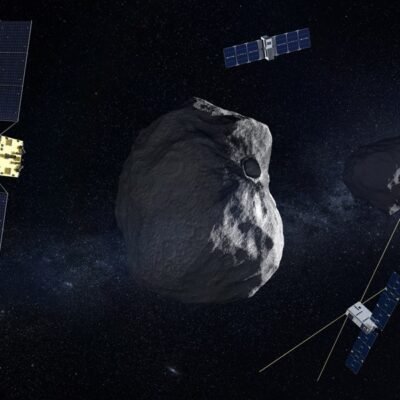
A spaceship punched an asteroid — we’re about to learn what came next
- By fromermedia@gmail.com
- . October 4, 2024
The European Space Agency (ESA) is set to launch a mission that will assess how effective humanity could be in
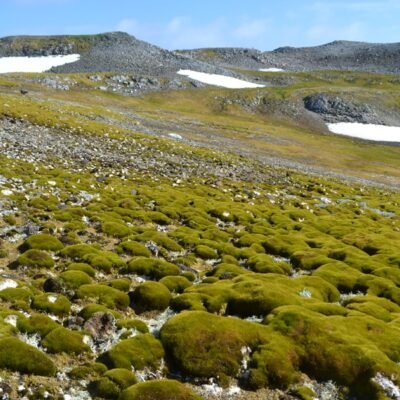
Believe it or not, this lush landscape is Antarctica
- By fromermedia@gmail.com
- . October 4, 2024
Hummocks of moss cover Ardley Island off the tip of the Antarctic Peninsula.Credit: Dan Charman A fast-warming region of Antarctica
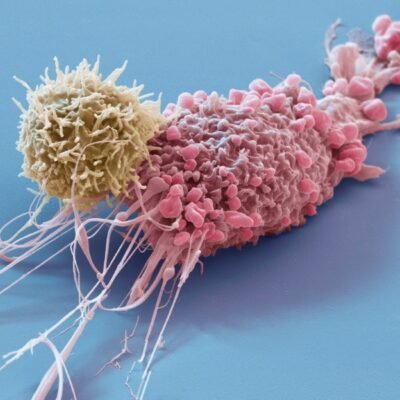
World-first therapy using donor cells sends autoimmune diseases into remission
- By fromermedia@gmail.com
- . October 4, 2024
Engineered immune cells, called CAR T cells (yellow), have revolutionized treatment for some tumours (pink) and show promise for treating
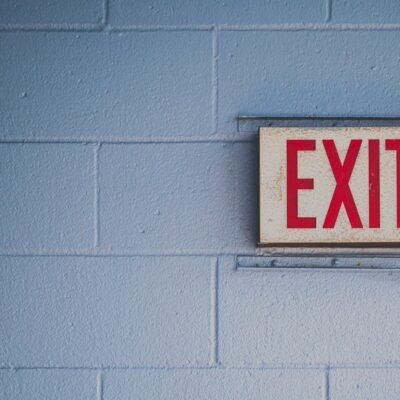
Nearly 50% of researchers quit science within a decade, huge study reveals
- By fromermedia@gmail.com
- . October 4, 2024
Publishing data can help to reveal how many scientists choose to leave research and pursue another career.Credit: Christian Guiton/Getty A

Why hasn’t deadly bird flu reached Australia yet?
- By fromermedia@gmail.com
- . October 4, 2024
Scientists have started swabbing short-tailed Shearwater (Ardenna tenuirostris) for evidence of bird flu. The birds are migrating from the northern
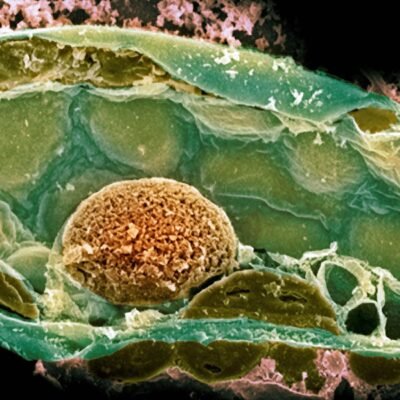
Bacteria implanted into fungi offer clues to the origins of complex life
- By fromermedia@gmail.com
- . October 3, 2024
A plant cell containing chloroplasts (dark green) — specialized organelles that scientists think evolved from endosymbionts.Credit: Dr David Furness, Keele
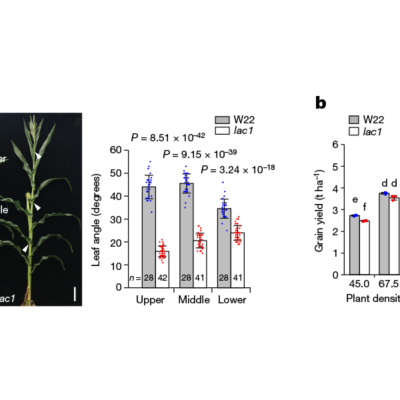
Mutant maize with a ‘smart canopy’ evades the shade at high planting density
- By fromermedia@gmail.com
- . October 3, 2024
RESEARCH BRIEFINGS 03 October 2024 Adapting plant architecture to tolerate dense planting is an important strategy for enhancing maize yields.

How artificial intelligence can help to keep us safe
- By fromermedia@gmail.com
- . October 3, 2024
Monica Contestabile: 00:10 Hello, this is How to Save Humanity in 17 Goals, a podcast brought to you by Nature
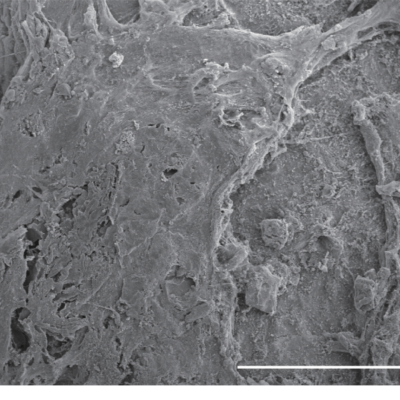
A virus-derived enzyme can destroy the membrane structures that protect bacteria
- By fromermedia@gmail.com
- . October 3, 2024
RESEARCH BRIEFINGS 03 October 2024 Bacteria in the gut have been shown to cause the severe side effects associated with
